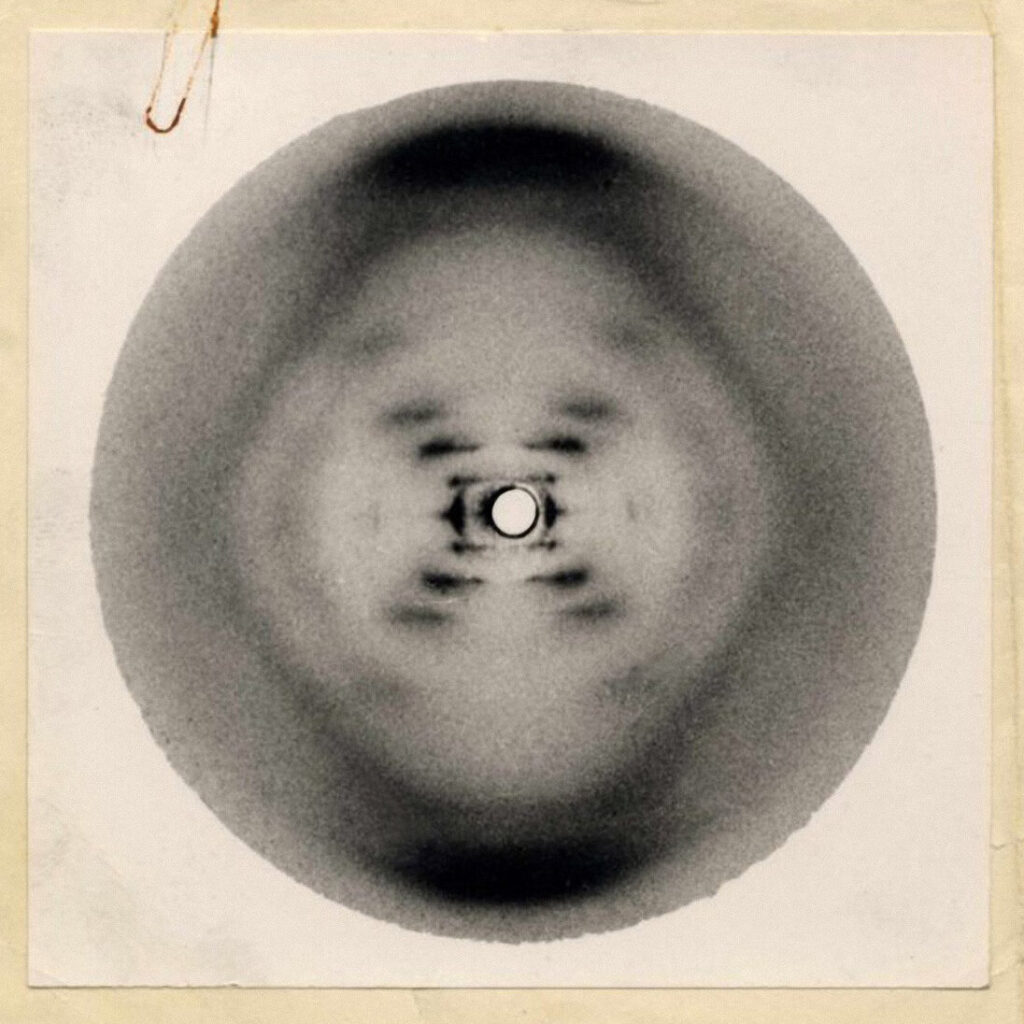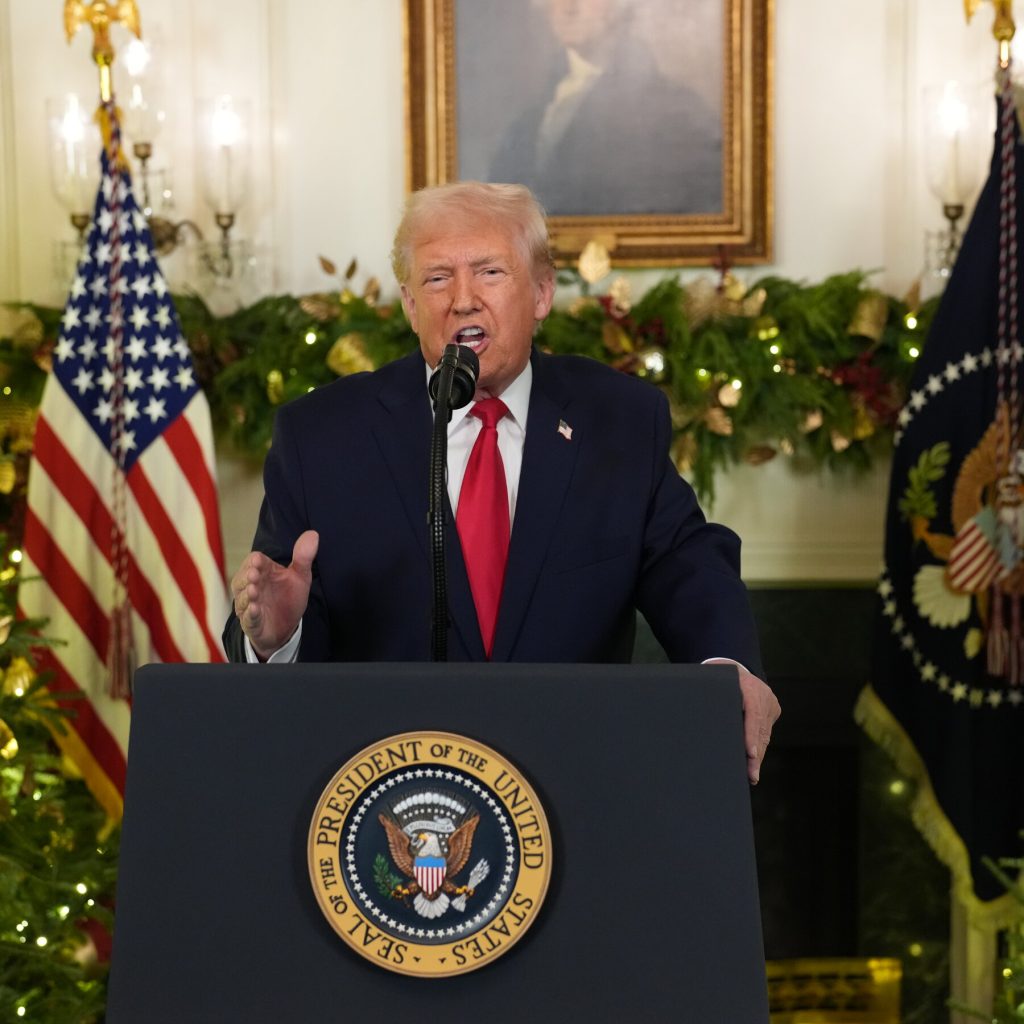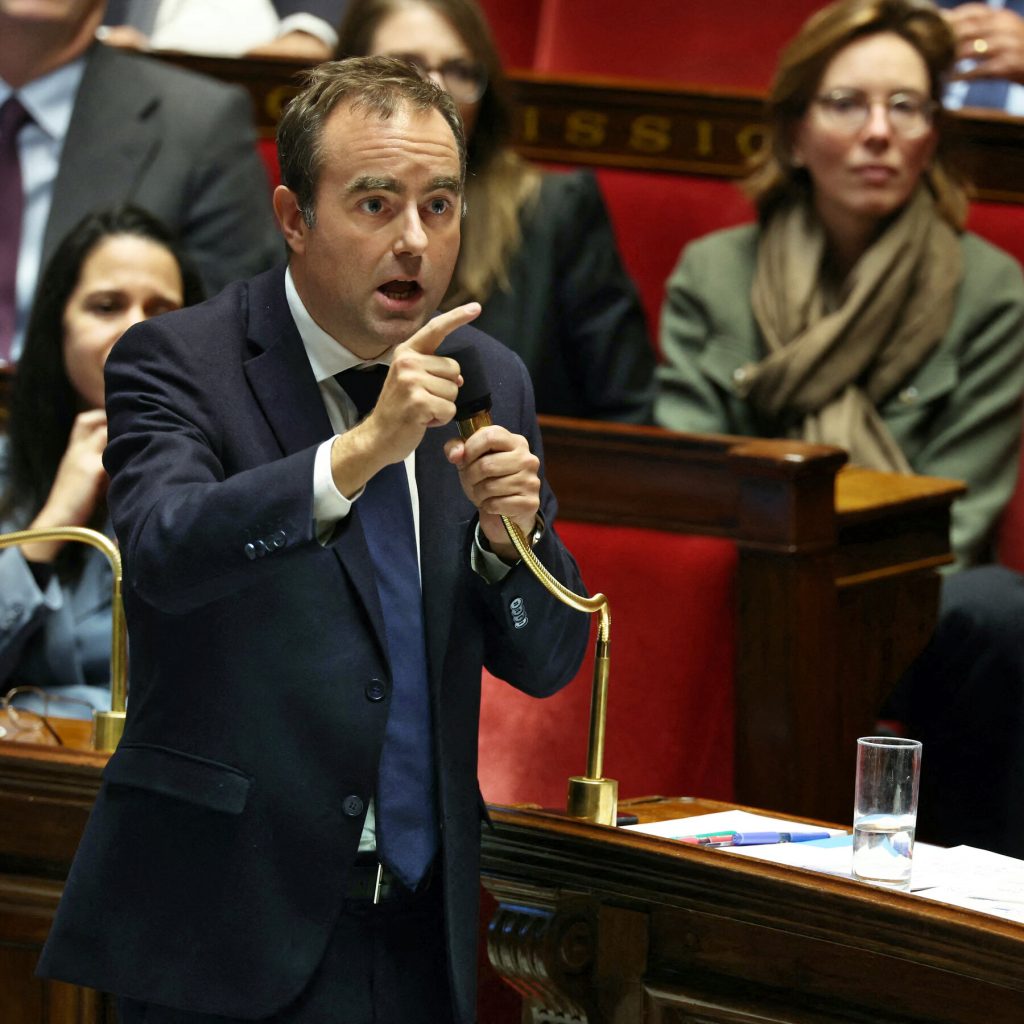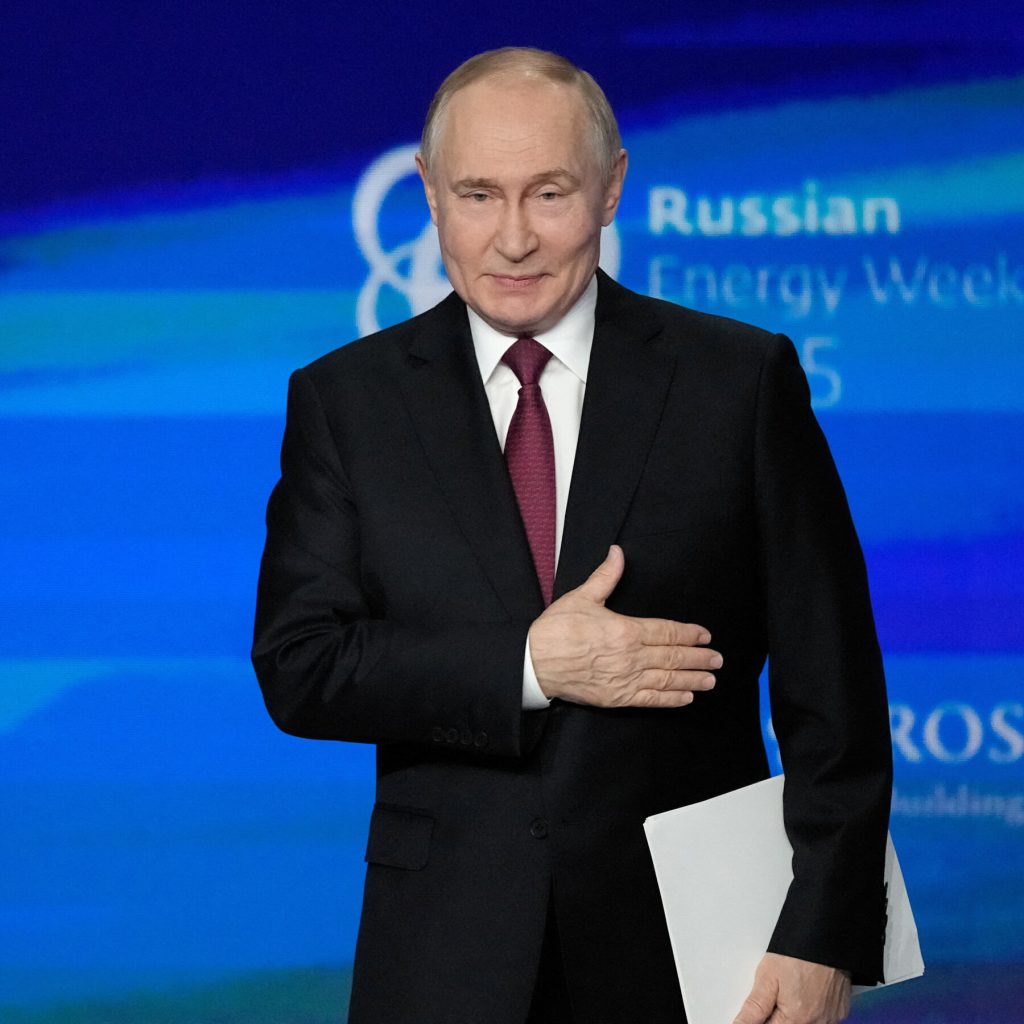DNA’s Double Helix Redefined Humanity’s Understanding of Life

The iconic image of the double‑helix, unveiled in 1953, did more than just solve a scientific puzzle—it reshaped the very way we think about ourselves and the living world. Even Charles Darwin, who famously wrote in *On the Origin of Species* that “the laws of inheritance are quite unknown,” could not have imagined the clarity that would later emerge from the molecular structure of DNA.
When James Watson and Francis Crick announced their model of the twisted ladder at Cambridge’s Cavendish Laboratory, they provided a concrete mechanism for the transmission of genetic information that had eluded biologists for centuries. Their discovery revealed that the sequence of four simple chemical bases—adenine, thymine, cytosine, and guanine—encoded the instructions for building and maintaining every organism, from the simplest bacteria to complex humans.
The implications rippled far beyond the realm of pure science. In medicine, the helix became the cornerstone for diagnosing genetic disorders, developing targeted therapies, and, more recently, enabling the revolutionary CRISPR gene‑editing technology. In anthropology, DNA analysis has traced human migrations across continents, uncovering stories of ancient populations that written records could never reveal. Even in law and ethics, the ability to read and modify genetic code has sparked heated debates about privacy, consent, and the limits of human intervention.
The double‑helix also sparked a cultural shift, inspiring artists, writers, and philosophers to contemplate what it means to be a “self‑made” being versus a product of inherited code. Popular media—from movies to novels—have woven DNA into narratives about identity, destiny, and the potential for engineered life.
Today, as researchers map the complete human genome, explore epigenetic modifications, and contemplate synthetic biology, the legacy of that 1953 discovery continues to expand. The elegant spiral that once seemed a mere curiosity now stands as a universal symbol of life’s continuity and its boundless possibilities—fulfilling a century‑old quest to decipher the hidden laws of inheritance that Darwin could only hint at.






